Postdoc Appreciation Week is a chance to celebrate the contributions postdocs make to the research community. We want to highlight some of the Postdocs that work closely with the Centre and the vital research they do, such as Stefania Maneta Stavrakaki and Bowen Su.

I'm currently leading projects on spatial metabolomic and lipidomic analyses of head and neck, ovarian, and colorectal cancers, and sarcoma. Specifically, I use novel mass spectrometry-based approaches for the metabolic imaging of cancerous tissues and patient-derived organoids – in collaboration with the Centre's Organoid Facility – to explore the underlying metabolic pathways in cancer.
Being a postdoc is quite a different experience from being a PhD or MRes student. My responsibilities have significantly increased, as I now supervise/co-supervise MRes and PhD students, while I am also more involved in writing grant proposals and leading new collaborations. This experience has been incredibly educational and valuable, especially as I aim to pursue a career as an academic researcher. I have developed new skills in leadership and mentoring, and gained important insights into what is needed for a successful academic career. Finally, as a postdoc, I have had the opportunity to develop my own research identity and apply for independent funding and fellowships to pursue new research interests.
Working across different disciplines has been both challenging and rewarding, broadening my perspective and enabling me to approach problems from multiple angles. My background in chemistry, particularly bioanalytical chemistry and mass spectrometry, has given me a strong foundation in acquiring and interpreting metabolomic and lipidomic data. Collaborating with the Convergence Science Centre and its Organoid Facility has further allowed me to gain new skills in developing and working with complex 3D in vitro models, such as patient-derived organoids. The convergence of these fields, along with a deep understanding of their respective challenges and limitations, has been instrumental in helping me to develop new methods for the metabolic characterisation of these novel cancer models.

I'm a postdoctoral researcher at the CRUK Convergence Science Centre [with the Cancer Technology Catalyst team], specialising in big data analytics and computational genomics. My current research focuses on early cancer detection and diagnosis, using AI to transform clinical and genomic data into actionable insights that can improve early detection methods.
As a postdoc, the focus shifts to shaping my own research direction while thinking strategically about career development. Unlike earlier studies, it’s about building a cohesive body of work across projects that aligns with long-term goals and fosters interdisciplinary collaboration.
Convergence science allows me to blend my expertise from epidemiology, data science, and genomics to tackle cancer from multiple angles. This interdisciplinary approach accelerates innovation and delivers real-world impact, helping me to make collaboration across fields essential to advancing cancer diagnostics and treatment.